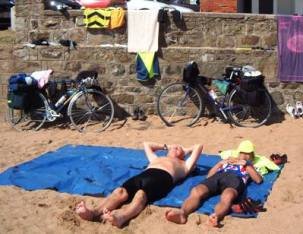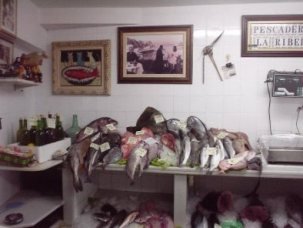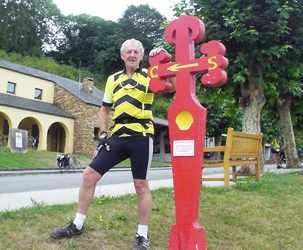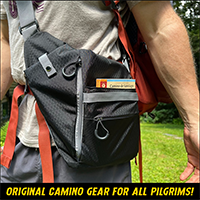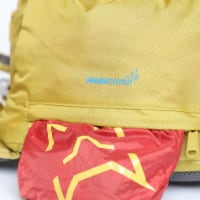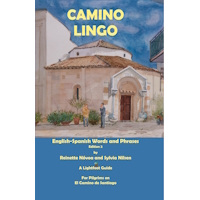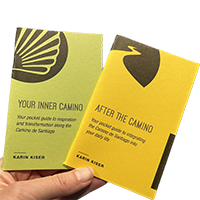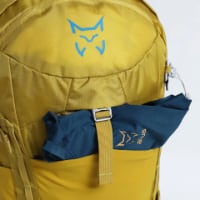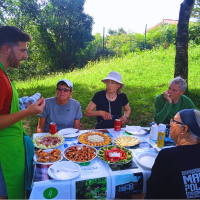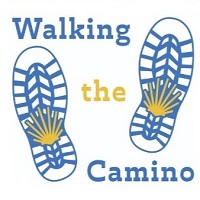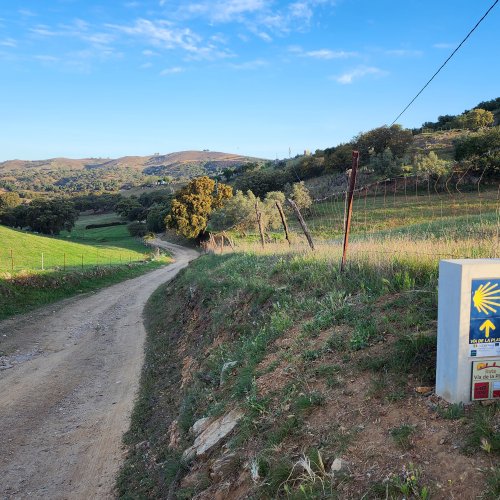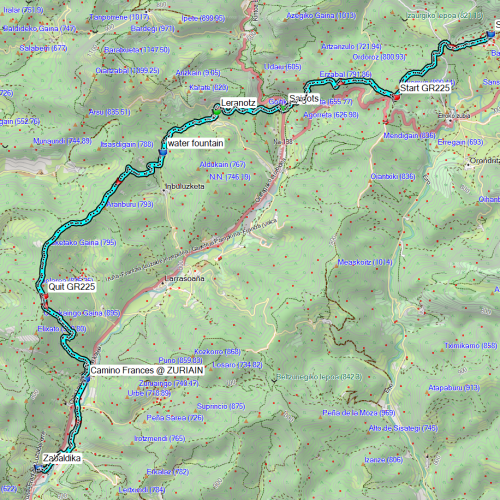picosrider
Active Member
VAMANOS - LET'S GO!
At dawn tomorrow we set off on our bike ride to Santiago, well armed with our Berlitz Spanish Phrase Book!. Memories of the last ride along the coastal route of the Camino del Norte come flooding back. As you can see it was a hard ride! Here we are sweating it out at Colunga.
Then it was on to Cudillero where we fancied a fish and chip supper.
Then, worn out by our exertions, and feeling sleepy after too much good food and local cider, it was time to find a good place for the night. Such as this new albergue at Lourenza, up in the hills inland from Ribadeo.
Yes a pilgrimage is a real penance! So it is time to don sack cloth and ashes, and bid you farewell. Adios! Hasta luego, you can follow this years adventure at http://the-picos-ride-for-cancer.blogspot.co.uk/ when our first live post should be on line by Wednesday when our ferry docks at Santander.
At dawn tomorrow we set off on our bike ride to Santiago, well armed with our Berlitz Spanish Phrase Book!. Memories of the last ride along the coastal route of the Camino del Norte come flooding back. As you can see it was a hard ride! Here we are sweating it out at Colunga.
Then it was on to Cudillero where we fancied a fish and chip supper.
Then, worn out by our exertions, and feeling sleepy after too much good food and local cider, it was time to find a good place for the night. Such as this new albergue at Lourenza, up in the hills inland from Ribadeo.
Yes a pilgrimage is a real penance! So it is time to don sack cloth and ashes, and bid you farewell. Adios! Hasta luego, you can follow this years adventure at http://the-picos-ride-for-cancer.blogspot.co.uk/ when our first live post should be on line by Wednesday when our ferry docks at Santander.


